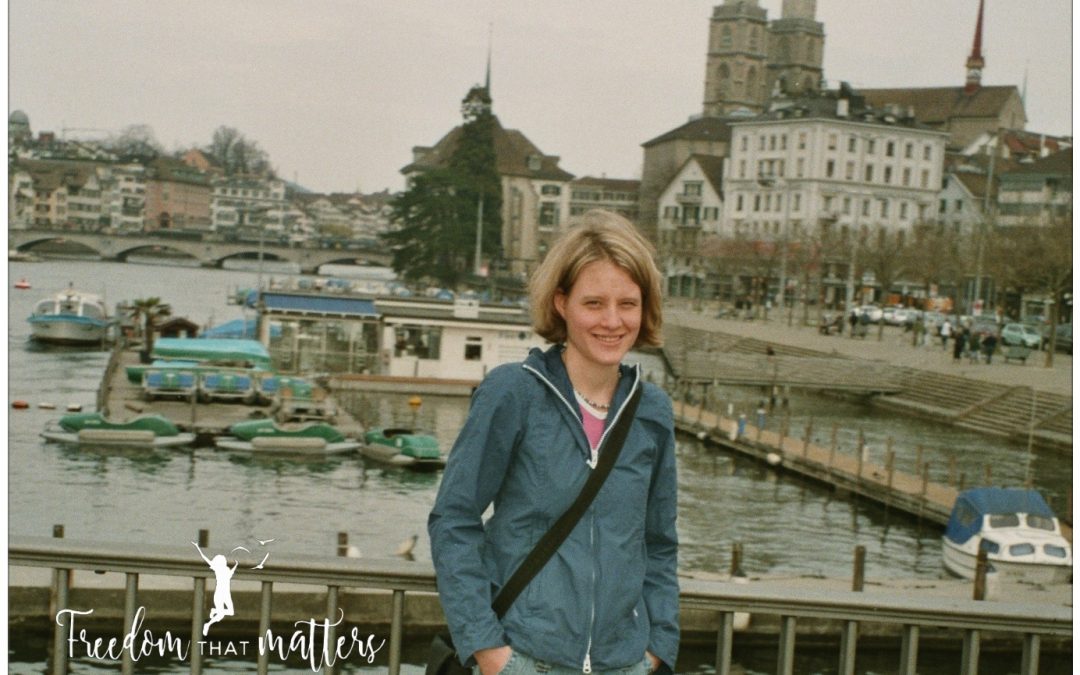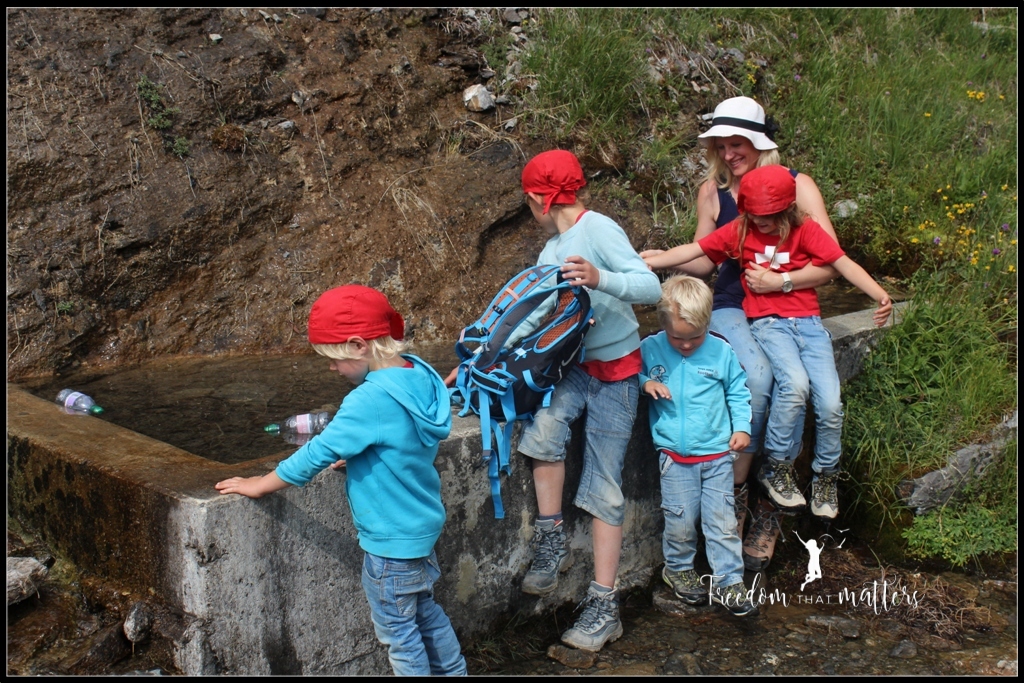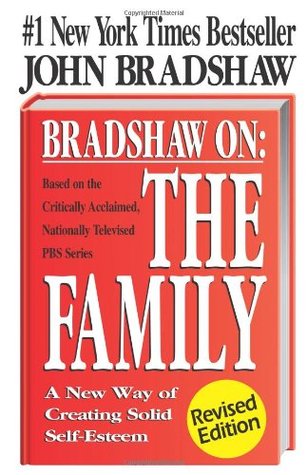
Open letter to the guy that broke my heart
Open letter to the guy that broke my heart
Dear friend,
For a long time, you and “our story” was buried inside me like the wreck of the Titanic on the bottom of the sea – forgotten and invisible, yet part of my story, my past. Even years later, it was very difficult for me to dive to the depth of the sea to look at the wreck of our story without feeling overwhelmed with sadness and feelings of failure.

Letting go of you was the most difficult thing I ever did in my life.
It was like letting go of some sort of drugs. .
Simply because, somehow, by who you are, you touched deep parts of me I didn’t even know existed. With you, life suddenly became real and worth living.
At the same time, meeting you made me get in touch with that hidden, hurt place deep inside of me.
This part of me which was somehow awakened by your way of being.
I desperately wanted you to love me.
You loved the way I loved you. You loved the way I understood you, I listened to you, the way I gave everything I possibly could imagine to prove you my sincerity. You were amazed at my capacity to “truly love”.
Therefore, you were trying to feel attracted. You saw parts of my heart, my devotion to you and you were impressed by the way I loved you… and you were trying to get to a place where you could answer my love.
You know all that.
The reason I decided to write this open letter is to tell you – and to a society who is lead, through music, books and movies to believe that such an experience is true, real love – that this isn’t love.
This wasn’t love.
Hang on and I will explain:
When I finally had to realize that you didn’t love me in a way that would melt our lives together forever – I was devastated.
To accept that you would never be the one I could hide myself into, nor the one that would make me feel whole as a person turned my life into a dark hole for many months.
Loosing you made me get in touch with this deep hole inside of me that desperately longed to be known, seen, wanted and loved.
I fell into deep sadness and feelings of failure. I finally got in touch with this uncontrollable need to prove myself worthy of love and acceptance – and at the same time this deep feeling of shame, unworthiness and fear of abandonment.
You broke my heart.
More than a decade later,
I am so grateful that you couldn’t love me (that way).
I’m beyond grateful that you were very sincere and wanted to do the “right” thing – you could have used my devotion and longings in ways I don’t even want to imagine.
But you didn’t. Thank you for that.
In that, I’m so grateful that you resisted my fervent attempt to get you into my “game”.
Of course, I wasn’t playing. I thought that these deep feelings had to be love. That this deep longing to be with you had to be real, pure, true love.
I was convinced that being with you would make my world perfect, give my life a sense of being. That my life was all “fake” in comparison to how “real” you were to me!
Today I know better.
I know that this wasn’t love – because it was never about YOU. It was all about me.
Today I understand that I was vicariously showering you with all the love and attention – hoping that you would, one day, fill my emotional needs for love and intimacy that have been running empty in my life.
My worst fear was that I was not good enough to be loved by you.
This fear made me put all the focus on you – I was very capable in molding myself into what I believed (and knew) you most desire.
By doing that, I buried the parts of me I felt you wouldn’t like. I buried the dreams I knew you wouldn’t share. I put away thoughts that told me that you were not really the kind of guy I would choose to spend my life with.
Not because you’re a bad guy. Much rather because who I truly am does not fit into who you truly are. I have always been too much for you. You had visions and dreams in life I didn’t share a bit.
It took me many years to see this clearly.
The first few years into my marriage with Benny I was struggling to let go of that image of “true love”.
I was struggling with letting go of that deep feeling of guilt and sadness every time I ventured myself to that wrack on the bottom of the sea..
- It was the day when I understood that this whole story was never about true love. That was when the wrack on the bottom of the sea started to dissolve.
- The day I realized that it was my own emptiness, my own needs, my own hole in my soul that cried out to be loved by you.
- That all my pain, my agony, the suffering I went through because of you – was never really because of you.

Yes, you did a great job uncovering those needs and that emptiness. But in the end, it was never about you, not even about “true love”.
It was all about my needs, my longings and my voids. Call it codependency.
More on that in the next article.



















